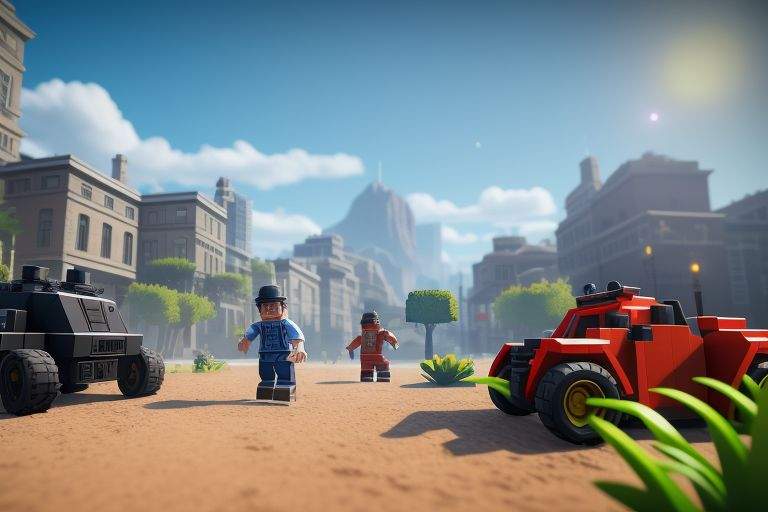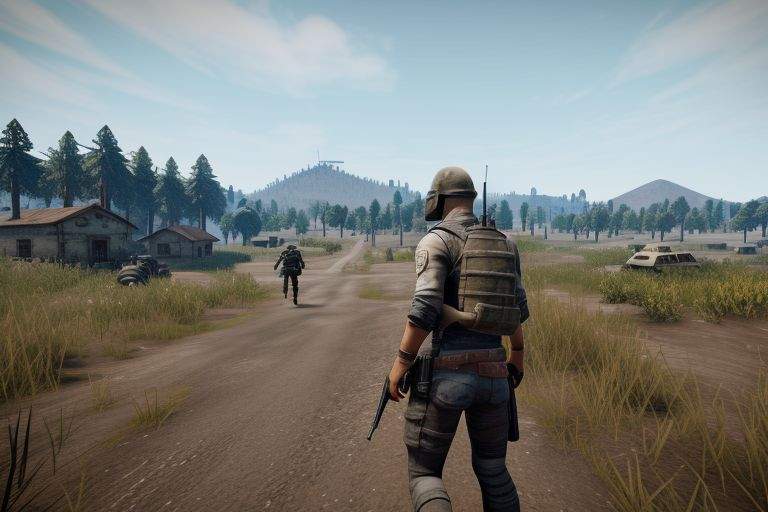
In the realm of digital entertainment, few platforms have exhibited the meteoric rise in popularity and cultural significance enjoyed by Roblox. Originating in 2006, Roblox has evolved from a basic game creation system into a multifaceted platform that has captured the imaginations of millions worldwide. This essay seeks to explore the various dimensions of Roblox, including its innovative game design framework, the role of user-generated content, its educational potential, and the broader social implications it presents in the context of digital interaction.
At its core, Roblox serves as a game creation system that allows users to design, build, and share their own games. The platform operates on the principles of user-generated content, distinguishing it from traditional gaming environments. Users, referred to as “Robloxians,” have access to an array of development tools that facilitate the creation of games ranging from simple obstacle courses to intricate simulations, role-playing experiences, and racing games. The adoption of the Lua programming language serves as a gentle introduction to coding for young developers, making the platform not just a recreational space but also an educational one.
One notable aspect of Roblox is its commitment to inclusivity in game design. The platform enables creators of varying skill levels to participate in game development. This democratization of game creation fosters creativity and innovation, as users can draw inspiration from existing games or produce entirely original concepts. The ease of access to development tools encourages collaborative efforts, often resulting in community-driven projects that enhance the overall gaming experience. It is not uncommon to see collaborations among users, where they merge ideas and resources to create richer, more engaging games.
Moreover, Roblox’s social dynamics play a pivotal role in its global appeal. The platform transcends geographical boundaries, with millions of active users from diverse backgrounds. This creates a unique melting pot of cultures and perspectives within the gaming community. Players can communicate and collaborate, fostering friendships and connections that extend beyond the virtual realm. The social features—such as chat rooms, in-game interactions, and the ability to form groups—further enhance the sense of community. Players are not merely participants; they become integral components of a sprawling digital society.
The impact of Roblox is particularly noteworthy in educational contexts. Numerous educators have recognized its potential as a teaching tool, leveraging the platform to enhance student engagement and foster creativity. Through game design, students can learn essential skills such as problem-solving, teamwork, and project management. The ability to experiment and receive immediate feedback on their creations serves as a powerful motivator for learners. Additionally, the platform has been utilized in various subjects, including mathematics, science, and literature, allowing educators to create immersive learning experiences that resonate with students.

However, the expansive nature of Roblox is not without challenges, especially concerning safety and moderation. The platform’s open framework invites a multitude of gaming experiences, but it also exposes young users to potential risks such as cyberbullying and inappropriate content. Roblox has implemented various measures to enhance safety, including a robust moderation system, customizable privacy settings, and parental controls. Nevertheless, the responsibility also lies with the community of players, educators, and parents to foster a safe online environment. Digital literacy and responsible gaming practices must be emphasized to empower users to navigate the platform safely.
Furthermore, the economic model underpinning Roblox presents fascinating implications for the future of gaming. The introduction of the Roblox currency, Robux, has created an internal economy in which players can purchase virtual items, access premium experiences, or monetize their creations. Talented developers have even found pathways to financial success, as some games generate significant revenue through in-game purchases. This creates a unique ecosystem where creativity can translate into profitability, redefining traditional notions of success within the gaming industry.
In conclusion, Roblox stands as a paradigm of digital creativity, community, and learning in the modern gaming landscape. It transcends the boundaries of conventional gaming, offering users not only a platform for entertainment but also tools for education and social engagement. As game development continues to democratize and the lines between creators and consumers blur, Roblox will likely remain at the forefront of this cultural shift. Such a versatile platform invites further exploration, inspiring both emerging game designers and seasoned developers to innovate and redefine the experience of virtual play. The future of Roblox is bright and holds the promise of evolving even further, creating limitless possibilities for connection and creativity in the digital age.






